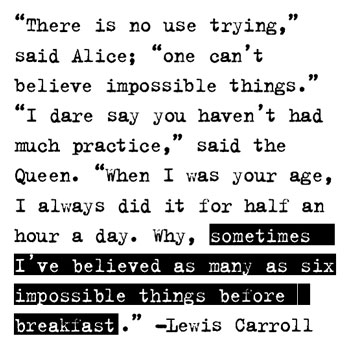The Silent Scream 

Last night I dreamt
That I was on that black train again
Trundling towards the ovens of Auschwitz
And I felt the cold burrowing into my bones
Like a ravenous mole digging
Into layers of petrified earth
And this morning I woke up
Into the freshness of a new day
And my wife said over coffee:
"Oh Joel, you have been reading
Just too many detective stories"
And my psychiatrist said on the phone :
"That was an epiphenomenon
Of your unresolved conflicts"
And my professor at the University said :
"You have to face the facts, Joel
It was all over in 1945"
And my grandson at the BBC said :
"Grandpa, you have been watching
Too much of reality TV"
And my rabbi at the synagogue said :
"Trust in the holy Lord of Abraham
He shall breathe new life into the valley of bones"
And my grand-daughter at her lunch said :
"Granddad, is Auschwitz
A red bird like an ostrich?"
And the new kids on the block said :
"Auschwitz? Give us a break,
Auschwitz never happened!"
And my nephew at film school said :
"Perhaps I could put that dream
Into my next film, The Ghosts of Auschwitz"
And my dentist down the road said :
"The world does not yet know
That we Arabs have suffered much more than you"
And my post-modern niece at tea said :
"There is nothing objective in history
It is just what you put into the past"
But as for myself,
Well, I think I shall just shut up
Perhaps I am too scared of hearing
What these tattered lips of mine
Are still capable of screaming out.


Last night I dreamt
That I was on that black train again
Trundling towards the ovens of Auschwitz
And I felt the cold burrowing into my bones
Like a ravenous mole digging
Into layers of petrified earth
And this morning I woke up
Into the freshness of a new day
And my wife said over coffee:
"Oh Joel, you have been reading
Just too many detective stories"
And my psychiatrist said on the phone :
"That was an epiphenomenon
Of your unresolved conflicts"
And my professor at the University said :
"You have to face the facts, Joel
It was all over in 1945"
And my grandson at the BBC said :
"Grandpa, you have been watching
Too much of reality TV"
And my rabbi at the synagogue said :
"Trust in the holy Lord of Abraham
He shall breathe new life into the valley of bones"
And my grand-daughter at her lunch said :
"Granddad, is Auschwitz
A red bird like an ostrich?"
And the new kids on the block said :
"Auschwitz? Give us a break,
Auschwitz never happened!"
And my nephew at film school said :
"Perhaps I could put that dream
Into my next film, The Ghosts of Auschwitz"
And my dentist down the road said :
"The world does not yet know
That we Arabs have suffered much more than you"
And my post-modern niece at tea said :
"There is nothing objective in history
It is just what you put into the past"
But as for myself,
Well, I think I shall just shut up
Perhaps I am too scared of hearing
What these tattered lips of mine
Are still capable of screaming out.





